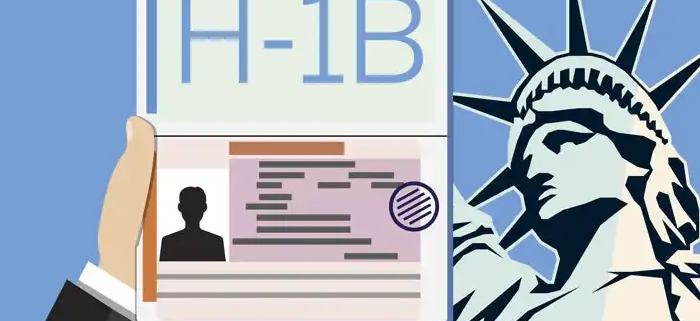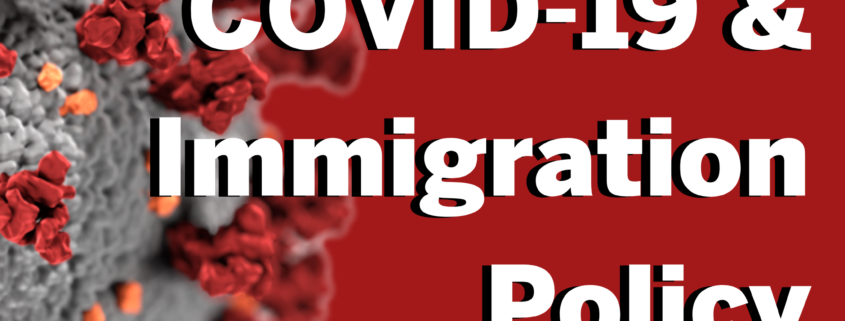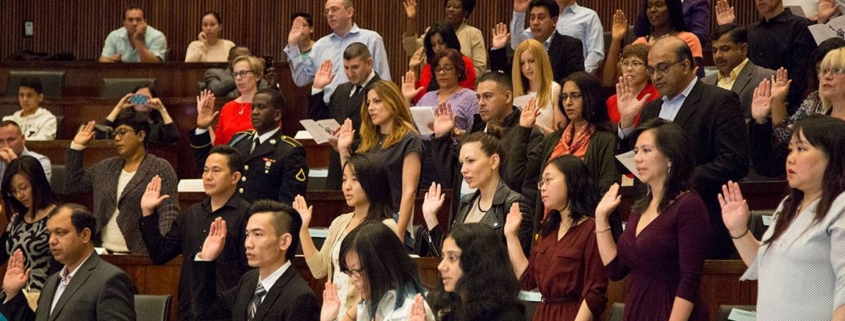Cap Reached for Additional Returning Worker H-2B Visas for the Early Second Half of FY 2023
U.S. Citizenship and Immigration Services has received enough petitions to reach the cap for the additional 16,500 H-2B visas made available for returning workers for the early second half of fiscal year (FY) 2023 with start dates from April 1, 2023 to May 14, 2023, under the FY 2023 H-2B supplemental visa temporary final rule. We will reject and return any H-2B petitions received after March 30, 2023, that are filed for a returning worker under the early second half of FY 2023 allocation.
We continue to accept petitions for H-2B nonimmigrant workers for the additional 20,000 visas allotted for nationals of Haiti, El Salvador, Guatemala, and Honduras for the first and second halves of FY 2023. Eligible petitioners whose workers were not accepted for the 16,500 returning-worker allotment for the early second half of FY 2023 are encouraged to file under the Haiti, El Salvador, Guatemala, and Honduras allotment while visas remain available. As of March 30, 2023, USCIS has received petitions requesting 9,791 workers under the 20,000 visas set aside for nationals of Haiti, El Salvador, Guatemala, and Honduras.
Starting April 13, 2023, we will begin accepting petitions for workers for the late second half of FY 2023, requesting employment start dates from May 15, 2023, to Sept. 30, 2023. The 10,000 visas made available under this allocation are limited to returning workers who were issued H-2B visas or held H-2B status in fiscal years 2020, 2021, or 2022, regardless of country of nationality.
We will also continue to accept H-2B petitions for workers who are exempt from the congressionally mandated cap. This includes petitions for:
- Current H-2B workers in the United States petitioning to extend their stay and, if applicable, change the terms of their employment or change their employers;
- Fish roe processors, fish roe technicians, and/or supervisors of fish roe processing; and
- Workers performing labor or services in the Commonwealth of Northern Mariana Islands and/or Guam (until Dec. 31, 2029).
Additional information on the FY 2023 supplemental visas is available on the Temporary Increase in H-2B Nonimmigrant Visas for FY 2023 page.












